When Treatment Isn’t Enough: How MRI Can Confirm a Diagnosis and Support NHS Referral
As Osteopaths, our clinical goal is always to reduce pain, improve function, and support our patients back to a better quality of life. Most of the time, this is achievable with hands-on treatment, movement advice, and a structured rehabilitation plan. But sometimes, despite our best efforts and the patient’s commitment to recovery, progress stalls.
In these cases, it’s our responsibility to step back, re-evaluate, and ask: Is there something deeper going on that needs further investigation?
This is where MRI imaging becomes a valuable tool — not just to confirm clinical suspicions, but to help patients access the right care via their NHS GP or other specialist.
MRI scans aren’t painful, although some patients struggle with feelings of claustrophobia and the noise made whilst the scan is being taken.
When clinical suspicion needs confirmation
As experienced clinicians, we often have a strong working diagnosis based on the patient’s history and presentation. However, when a patient doesn’t respond as expected to manual therapy and rehabilitation, further clarity is needed — both for their own peace of mind and to support the next steps.
We work with reliable private imaging providers, such as Vista Health and private Cambridge Hospitals, meaning we can arrange MRI scans without the long waiting times. These results can then be taken by the patient to their NHS GP to inform further referral, whether to physiotherapy, orthopaedics, or another relevant service.
Two recent examples: persistent shoulder pain
Recent Case 1: A patient came to the clinic with shoulder pain that had developed gradually over time. After a course of osteopathic treatment and home exercise rehabilitation, her symptoms improved only slightly and remained functionally limiting. Clinically, we suspected supraspinatus tendinopathy, possibly with a partial tear. We discussed the situation with the patient and recommended an MRI scan. The imaging confirmed a partial-width tear of the supraspinatus tendon. With that report and solid diagnosis, we have recommended her to return to her NHS GP for their opinion on whether further referral is appropriate such as a specialist shoulder consultant.
The shoulder girdle is powered by the group of muscles known as the rotator cuff.
Case 2: Another patient presented with ongoing shoulder pain that limited overhead movement, and had not responded to a number of sessions with a massage therapist outside of the clinic. As this patient had seen Osteopaths at The Waterside Practice before, he decided to book an assessment with our Principal Osteopath. After thorough examination and a few treatment sessions, we again suspected supraspinatus tendinopathy as the root cause. An MRI was recommended and confirmed the diagnosis. With the findings clearly documented, the patient was able to discuss further options with their GP, including a referral to an orthopaedic consultant.
Why this matters
These cases are great examples of how private imaging can support and streamline NHS care. Our role isn’t to replace NHS services — we respect the work of GPs and hospital teams immensely. But what we can do is offer prompt assessment and, where needed, recommend timely imaging to help patients take that next step with confidence and clarity.
It also ensures that we are not treating an issue that can’t improve with manual therapy alone. If there’s an underlying structural problem — such as a tendon tear, joint degeneration, or impingement — that needs surgical or specialist input, we want to catch it early and avoid prolonged, ineffective treatment.
Doing what’s right — always
At The Waterside Practice, our commitment is to the patient — not just to treating, but to guiding them toward the best possible outcome. That sometimes means stepping back and saying, “We need more information.” And when imaging confirms what we suspect, it not only validates the clinical reasoning but also empowers the patient to move forward with the right treatment plan and/or referrals in place.
📍 Located in Warboys, Huntingdon, we support patients across Cambridgeshire with osteopathy, foot health, massage, and medical acupuncture.
☎️ Call 01487 209 084 or email reception@thewatersidepractice.co.uk to book an appointment or ask about MRI referral support.
#Osteopathy #ShoulderPain #SupraspinatusTear #MRIReferral #CambridgeshireCare #WatersidePractice #NHSReferralSupport #PatientFirst


